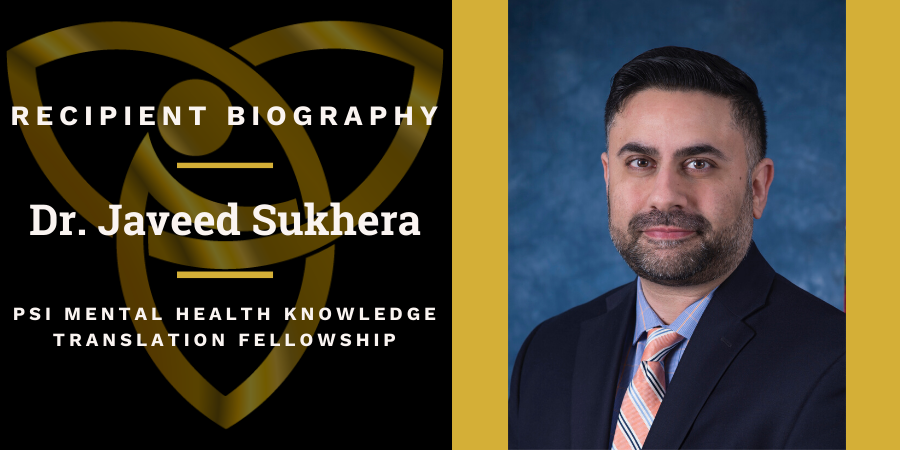“Childhood-onset mental health problems impose very high burdens to children, families, schools and broader social and health systems. The social determinants of health are arguably the most powerful influences on child and adult mental health. However, few public or clinical mental health interventions systematically assess the social determinants of health and mechanisms that lead to adverse child and youth outcomes. With support from the PSI Mental Health Knowledge Translation Fellowship, I will be able to continue my work to implement and evaluate the “Family Check-Up,” a family-centered, evidence-based program that targets known risk and protective factors for child well-being. I will disseminate findings from our projects evaluating the Family Check-Up in three particularly high-needs populations: children aged 2-4 years old with early onset emotional and behavioural problems, children and youth with autism spectrum disorder, and child and youth mental health outpatients. We will disseminate our results with an aim to “make the race fair” for children and youth at high risk of severe and chronic mental health problems.” – Dr. Teresa Bennett
Dr. Teresa Bennett’s Current Appointments:
- Associate Professor, Department of Psychiatry and Behavioural Neurosciences, McMaster University
- Child and Adolescent Psychiatrist, Child and Youth Mental Health Program, Hamilton Health Sciences
Dr. Teresa Bennett’s Research:
- Dr. Bennett’s current research program focuses on the implementation and evaluation of the Family Check-Up (FCU) as a targeted prevention and intervention program. The FCU is a brief, evidence-based intervention that has demonstrated robust and sustained effects across child and family mental health outcomes in US studies. It is unique in its focus on multimodal assessment, tailored intervention, and emphasis on family engagement within a motivational interviewing framework. Her research program is the first to evaluate the FCU within a Canadian setting, and comprises independent studies of its effects in 3 different samples of Ontario children at risk of chronic and severe mental illness:
- As a targeted prevention program for very young children (2-4 years old) at high risk of severe and chronic emotional and behaviour problems;
- As an ecological preventive and clinical intervention for families of children with autism spectrum disorder and comorbid emotional and behaviour problems;
- As a clinical intervention within a tertiary child mental health outpatient setting
About the PSI Mental Health Knowledge Translation Fellowship
In celebration of PSI Foundation’s 50th anniversary, this one-time Fellowship provides up to $300,000 in funding over two or three years for a clinician-researcher within 10 years of their first academic appointment. This Fellowship is intended to provide salary support for an Ontario investigator, who has demonstrated the ability to successfully complete high impact knowledge translation research in the area of mental health.



